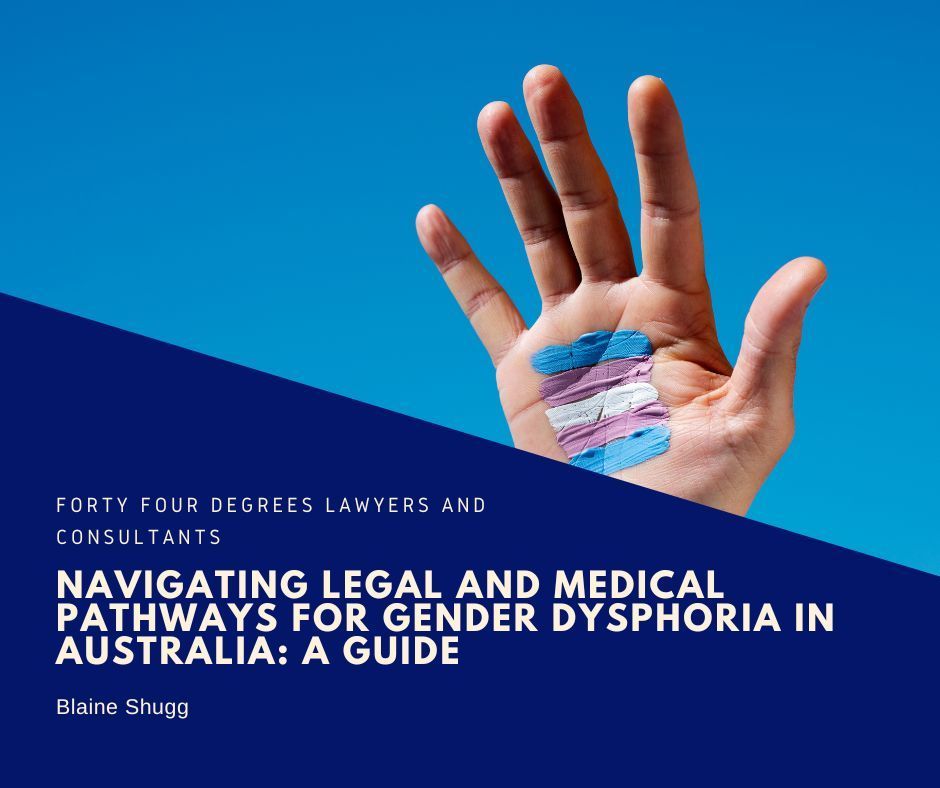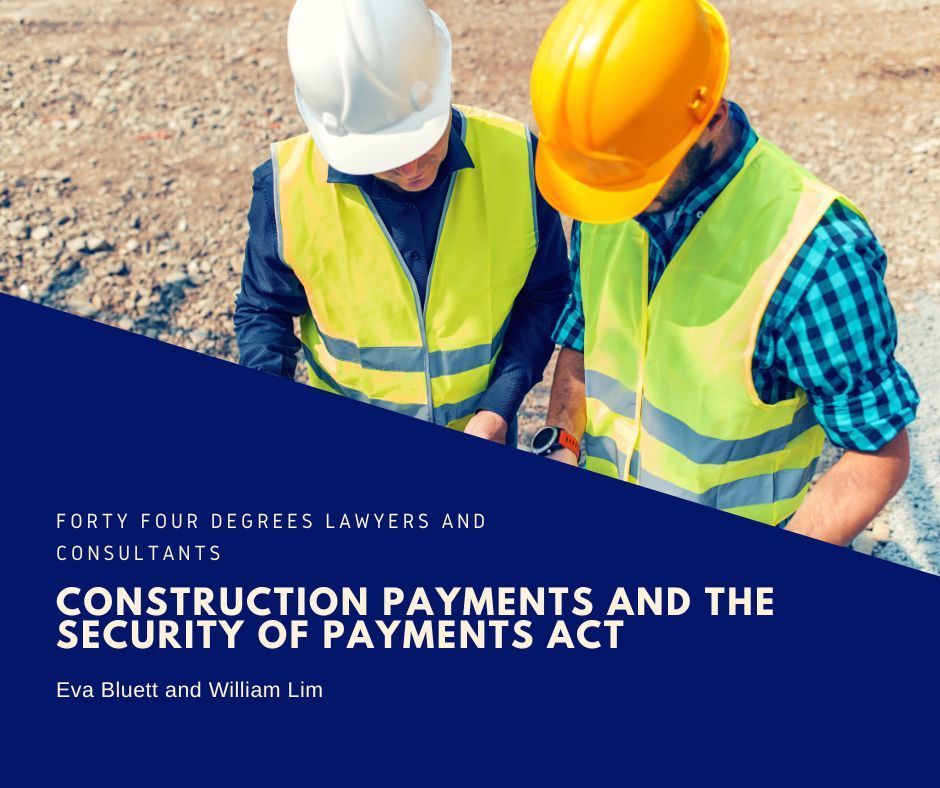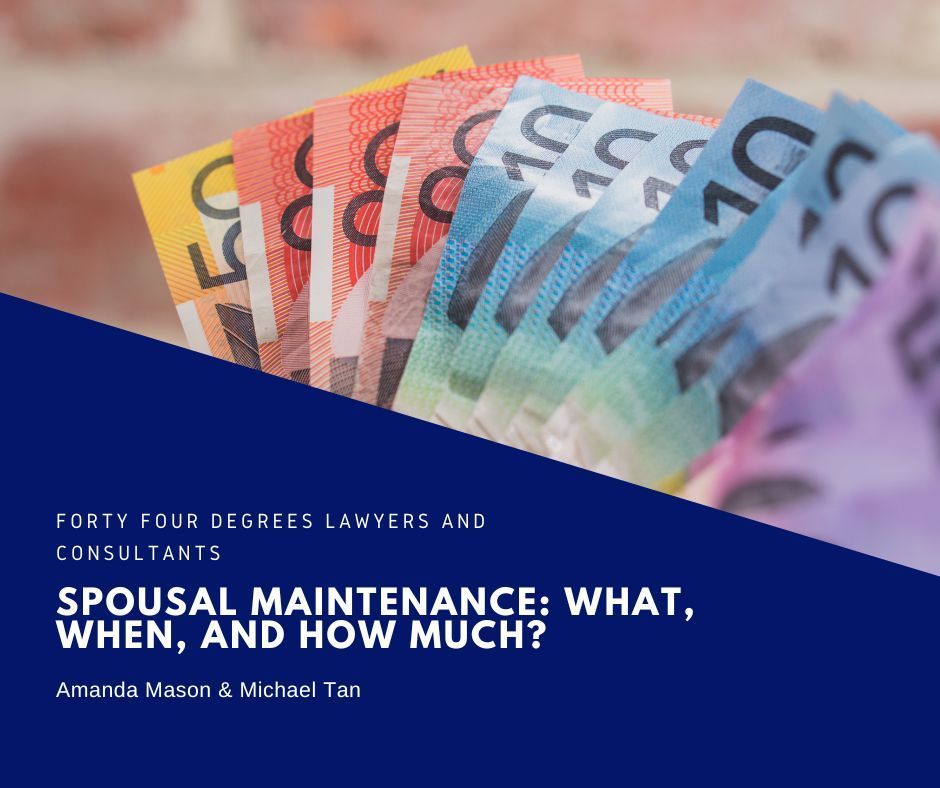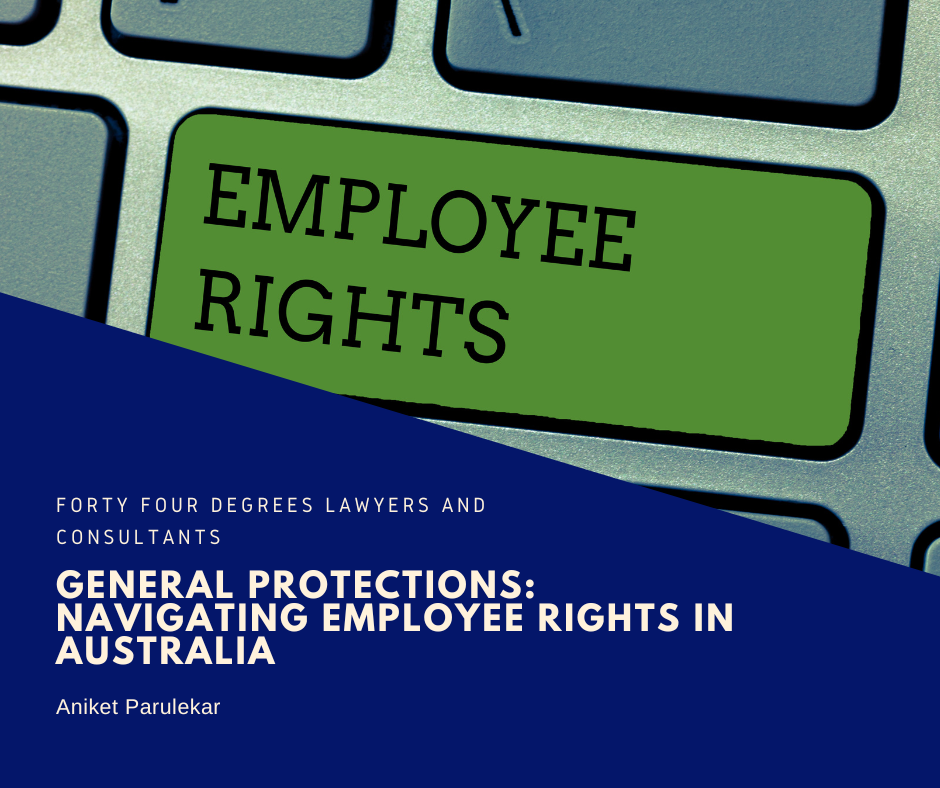Pleading guilty or getting a Diversion? What is the difference?
What can a diversion mean for you

When someone pleads guilty to a charge or is found guilty following a contested hearing, the sentence handed down by the Magistrate/Judge is made ‘with or without a conviction.’
Either way, the offence appears on your criminal record if your plea of guilty is entered. Some might assume that non-conviction means no criminal record, but that is not the case. A conviction will usually be recorded for a more serious offence; even if it is the first time you have been before the Court. A non-conviction will be recorded in most instances for a first offence; especially if the offence is of a less serious nature. Although this appears on your criminal record, a non-conviction is still a great result as when it comes to matters such as filing out important documents that ask you ‘have you ever been convicted’ you are able to answer ‘no’ to this.
However, it is possible for you to avoid a a finding of guilt if your matter proceeds by way of a ‘Diversion.’
What is a Diversion?
The Diversion Program (a ‘Diversion’) is run by the Magistrates' Court and is designed to allow an alternative way for offenders to deal with their matter without recording a finding of guilt. This is often used in the case of first-time offenders.
To be eligible for a diversion –
• You need to accept responsibility for the offence;
• The alleged offence needs to be minor and heard in the Magistrates Court. If it is too serious, diversion will unlikely be available;
• The Informant/Prosecution will need to consent; and
• If there is a victim, the victim will need to consent.
If you are referred to a diversion, the matter then proceeds to a judicial officer where you are required to complete a questionnaire and participate in an interview. The matter then goes before a magistrate for final determination. If a diversion is granted, you will be required to comply with a number of conditions as part of the diversion plan. These could include:
• Being of good behavior for a specific period of time (usually 12 months or less);
• Writing an apology to the victim;
• Sending a letter of gratitude to the police Informant;
• Compensating a victim;
• Donating to a charity; or
• Participating in a program (eg. Counselling, safe driving programs).
It is important that you comply with the conditions of your diversion.
There is no offence recorded on your criminal record if your matter resolves by way of a diversion. However, there are some exceptions to the diversion program that aren’t usually mentioned to people participating in the program because they don’t apply to everyone. For instance, if you are governed by the Australian Health Practitioner Regulation Agency (AHPRA). Bodies like AHPRA have powers to access someone’s full criminal history. This will be discussed further in my next blog.
Contact Us
We’re an Australian Law Firm promoting a nuanced, personal touch. We have the skills you need to resolve your case quickly and with a positive outcome. Our straight talking team stays close to simplify what is most often a complicated process. We help individuals and businesses with technology and startup law, property law including conveyancing and leasing, commercial law, civil litigation, wills, estates, bankruptcy, insolvency, criminal law, and professionals facing investigations and charges from their regulatory body.
We have a connected network of talented lawyers in Melbourne CBD, Dandenong, Ballarat, and Ivanhoe East.
Fill out the form or call us on 1300 892 237.
We will get back to you as soon as possible
Oops, there was an error sending your message.
Please try again later or call us on 1300 892 237.










